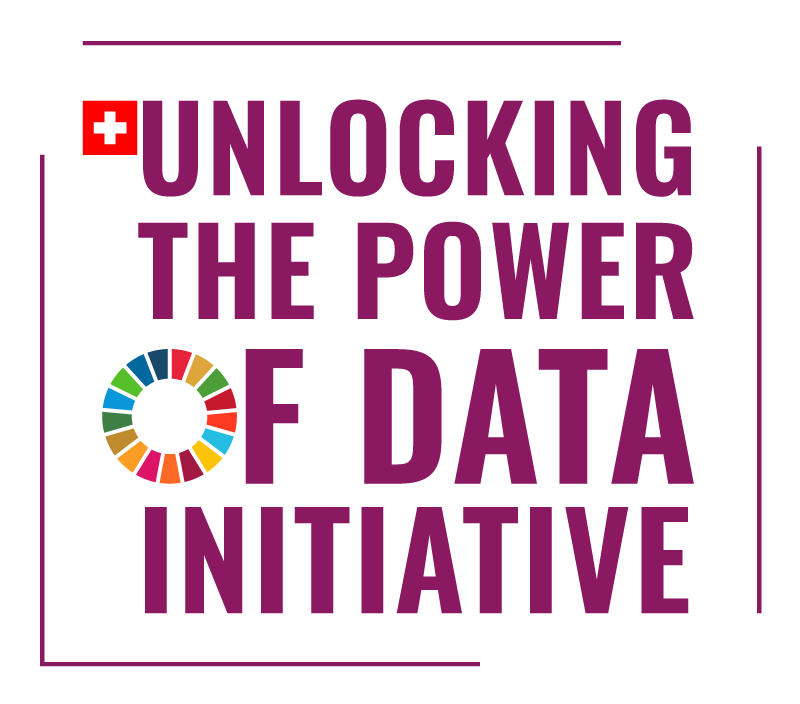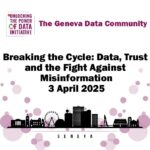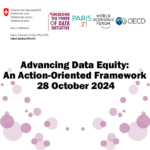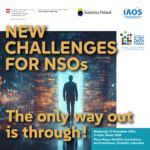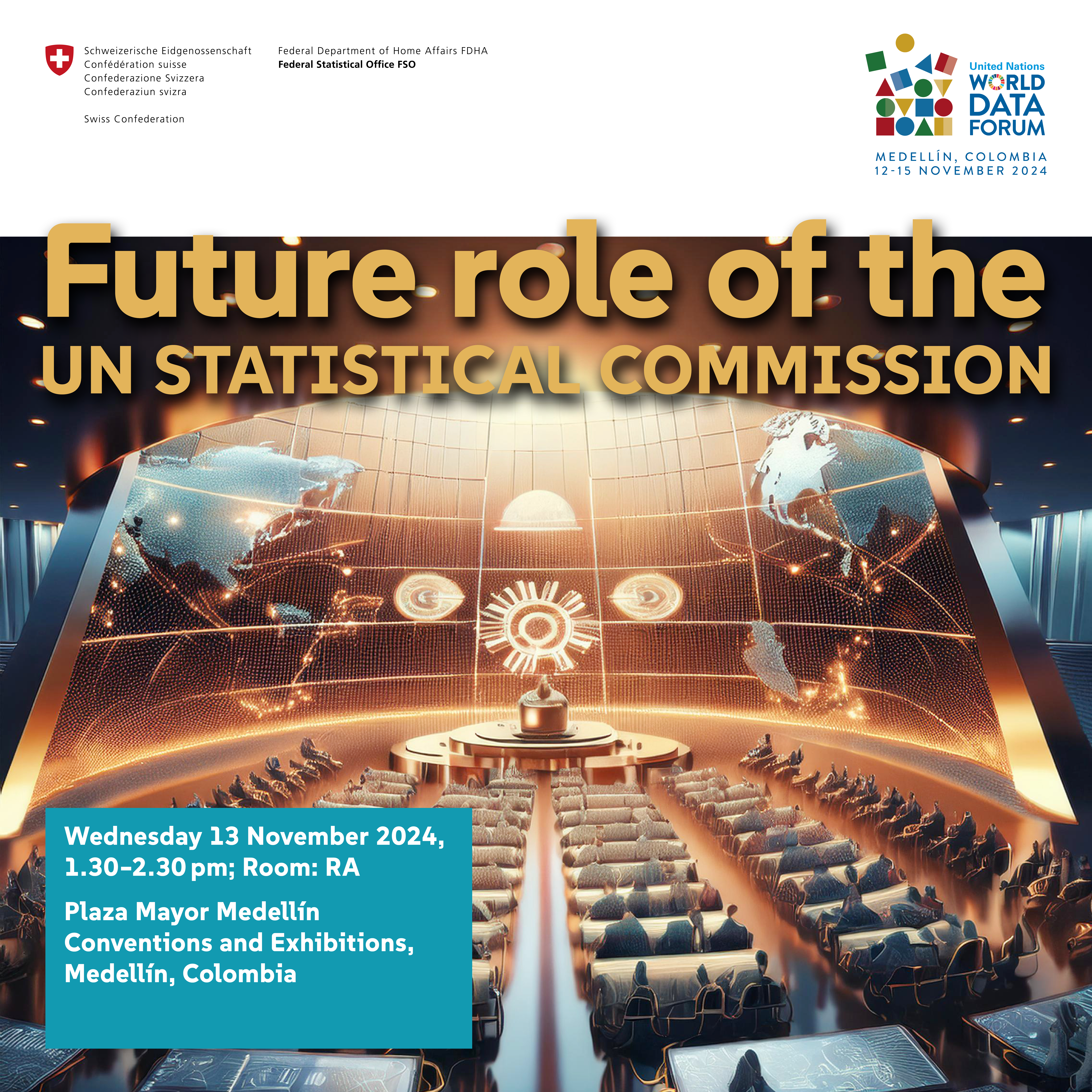Discussing new roles of the official statistics in the changing data ecosystems has been a recurrent topic of the international debate in the recent years. Statisticians understand that they need to re-define themselves in order to better deliver their mission, which can be summarised as “informing the public with the best quality information based on facts, ensuring the primordial right to the solid information”. However, demographic shifts, social and economic instability, climate change, geopolitics, and last but not the least, the impact of technological disruption as artificial intelligence must be mentioned to back the assumption that the redefinition of the official statistics should involve a wider spectrum of factors and phenomena, in order to make NSOs competitive on the information market.
The examples of a paradigm shift in thinking about data and statistics for the common, public good can be concepts of “data governance”, “interoperability” and “common data spaces”. In view of the above, it becomes key to explore why the global governance is beneficial. In order to guarantee the flow of data across the sectors and therefore enable seam-less communication and data sharing between different public sector organisations, these data spaces have to be interoperable. This is crucial in order to achieve more efficient and effective service provision.
Further information: https://upd-initiative.ch/events/united-nations-world-data-forum-new-challenges-for-nsos-the-only-way-out-is-through
